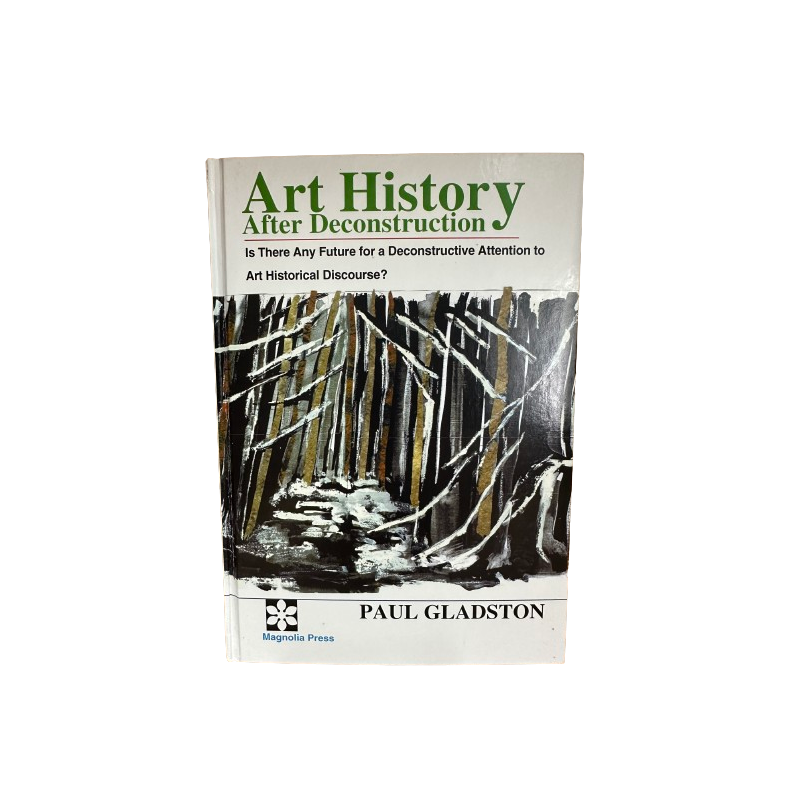



Dr Paul Gladston
2005; x + 226 pp; 21 cm
Hardback ISBN: 1-877354-80-5
"Art History After Deconstruction: Is There Any Future For a Deconstructive Attention to Art Historical Discourse?" explores the divisive impact of deconstruction on art history. As some scholars champion this approach for redefining art and history, others decry its departure from traditional analysis. This work delves into the inherent deconstructive nature of art historical study, showing that understanding the past through this lens is not only possible but vital for engaging with the ethical and political implications of art.
Over the past two decades institutionally dominant art history has been strongly influenced by the theory and practice of deconstruction. While many art historians have embraced deconstruction as a productive means of unsettling and remotivating standard approaches to their chosen discipline, others have raised concerns over what they see as a widespread departure from the most basic tenets of art historical discourse; that is to say, not only the belief that there is a circumscribed category of aesthetic experience (art), but also that it is possible to arrive at a truthful representation of the relationship between works of art and the circumstances of their production and intial reception (history). Moreover, many of those same commentators have railed against the way in which this departure can be understood to have suspended any sense of a stable, structural connection between a historical is and a present ought; in other words, the notion that a truthful understanding of past events has the potential to inform ethico-political activity in the here and now. Our intention here is to problematize this apparent schism by demonstrating that art historical discourse has drawn the very possibility of its continuing conceptuality since Antiquity from a chronic and, for the most part, unconscious deconstructive interaction between the signifying ‘texts’ of art history and what might be seen as the various material, social and intellectual forces pertaining to the wider historical ‘contexts’ of their production and reception. Thus, we will have attempted to show that deconstruction is indivisible from continuing discursive attempts to arrive at a ‘truthful’ understanding of the past. In addition to this we will also attempt to show - with reference both to the writings of Jacques Derrida and a Duchampian inheritance in the visual arts - that it is possible to develop deconstructive forms of historical narrative through which we might engage critically with questions of ‘ethico-political’ value.
You might also like